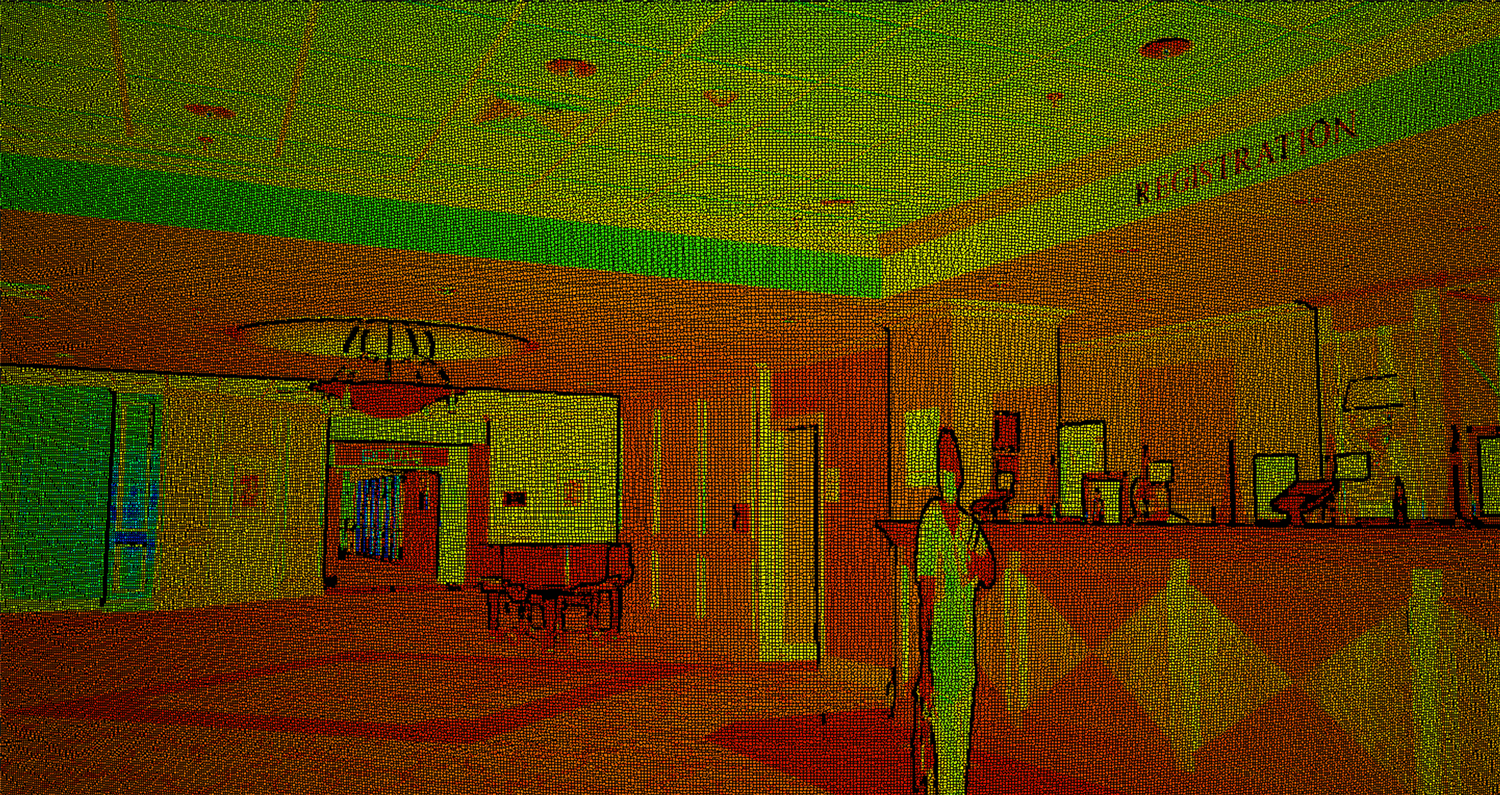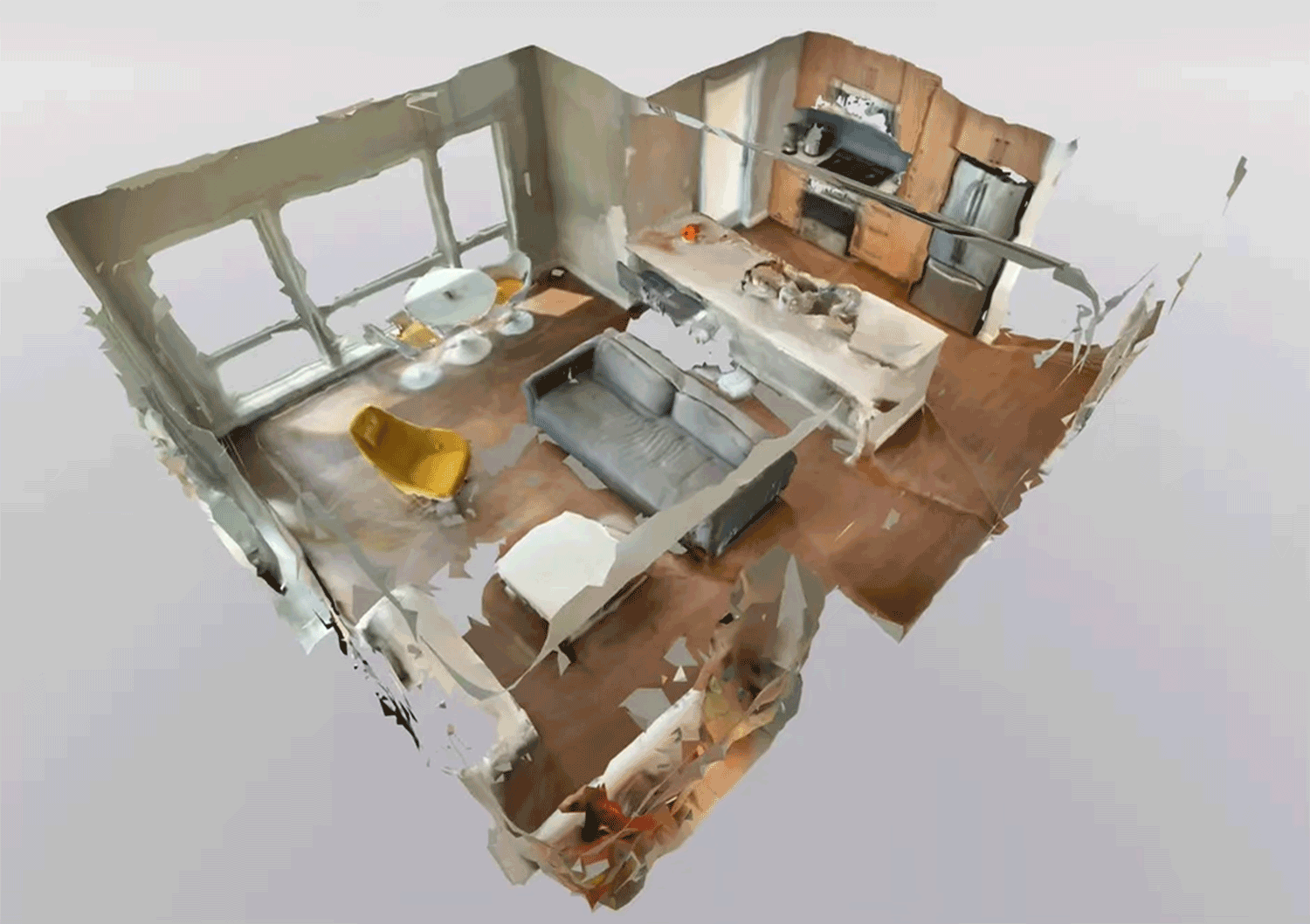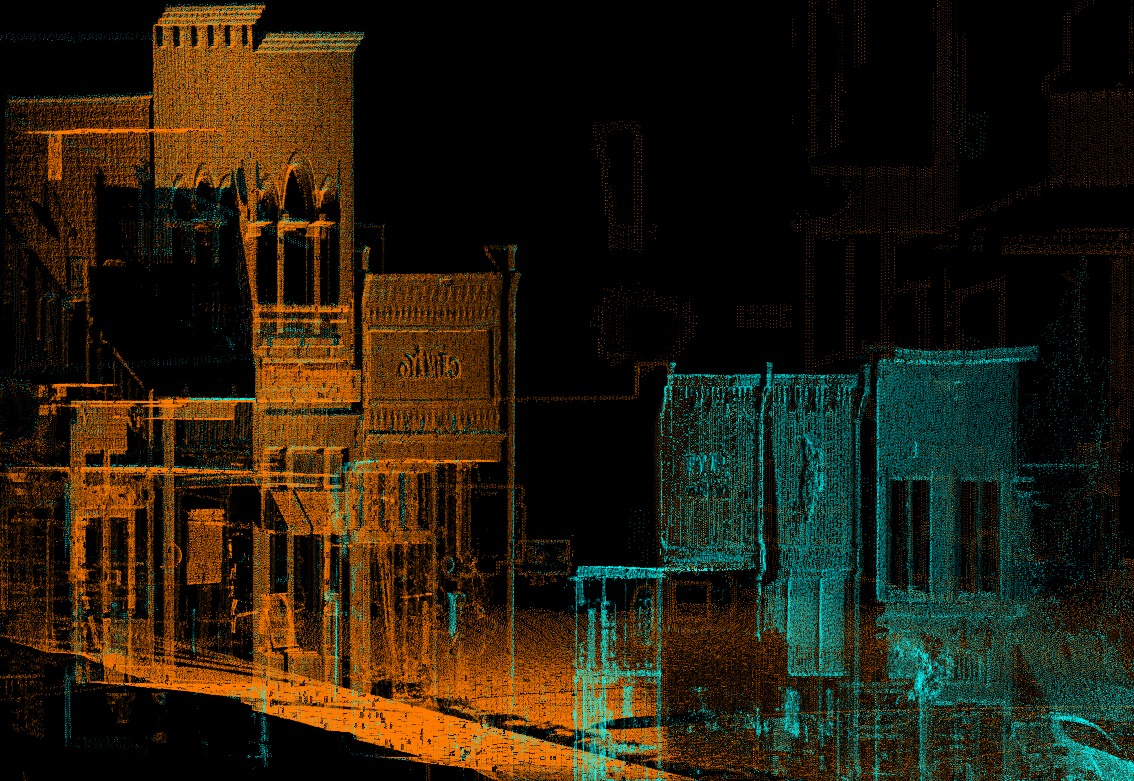
Robotic ImagingMay 13, 2021
In our current state with COVID-19, it has forced companies and people to reevaluate non-necessary travel. The two sectors most impacted by the reduction in travel are airlines and hotels. People are opting to stay in secluded, private residences using platforms such as Airbnb to rent a space for the duration of their stay. Many companies still have a work from home mandate allowing their employees to travel and work from anywhere. Large hotel brands such as Four Seasons and Marriott International saw the trend of everything shifting a couple of years ago adapting to the change in tastes of consumers. They have built private houses and communities all over the world looking to cater towards those who may prefer staying in a private home versus staying in a traditional style hotel.
What will happen to those hotel brands that weren’t as lucky as Four Seasons or Marriott?
It's tough to say what will happen, with COVID still a current threat now and in the future, I expect to see those brands exposed to a lot of risk face serious financial troubles in the near future. Companies will be forced to adapt or consolidate with other brands in order to survive in order to avoid bankruptcy.
Suggested reading: If you want to learn more about the role of laser scanning in BIM, check out this article.
Hotels Converting into Housing
We recently had the opportunity to work on a project involving the change of ownership and renovation of a hotel property locally. With reduced capacity guidelines set by the CDC, State Government, and Local Government this hotel turned to supporting various housing initiatives in order to fill capacity gaps and support operations financially to the best of their abilities. The main tower of the hotel was reserved for paying guests, off of the main lobby are a couple of different wings that have all been converted into residential long-term housing for various initiatives such as: battered women, single mothers, and pathways to housing. This has been becoming commonplace either failing / distressed hotels being purchased or converting to affordable housing. It is a seamless conversion as many hotels mimic apartment buildings and can be easily converted requiring very few modifications and capital expenditures. With industry trends shifting towards platforms like Airbnb and COVID disrupting the hospitality industry we should expect that hotel to residential conversions to become commonplace. In destination cites like NYC, 80% of hotel rooms are unoccupied and can converted to affordable housing in half the cost and time as ground up construction.

